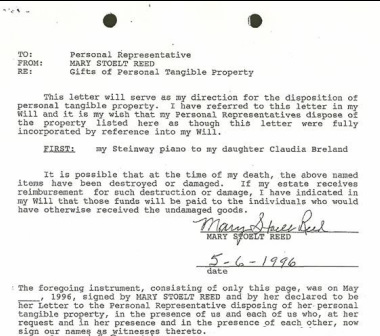
"and it is furthermore my wish that I be buried beside my Dear Old Wife on the Old Homestead on Green River and that my funeral be conducted with no show of ostentation and with as little expense as possible, and that, under no consideration shall there be any Christian Religious ceremonies over my remains."
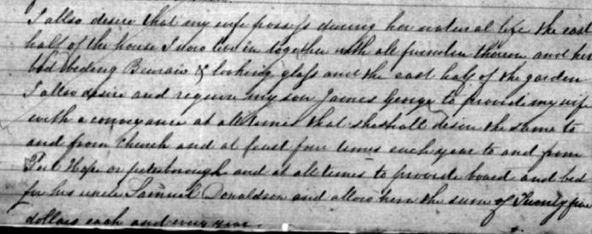
The 1887 will of Joseph Donaldson of South Monaghan, Northumberland, Canada West, that I obtained for a client from a researcher at the Archives of Ontario, was the first (and best) example I'd seen of a decedent providing for his wife after his death:
"To his Mother during her natural life or as she remains my Widdow yearly and every year to pay unto her the sum of Fifty dollars of good and lawfule money of Canada together with the following produce, viz: Twelve pounds of tea, Fifty pounds of Sugar, Five hundred pounds of good flower, Ten bushels potatoes, Thirty pounds Beef or Mutton, One Barrel pork, Twelve pounds of Carded Wool and milch and butter sufficient for her own use allso all fire wood she shall need.
I also desire that my wife possess during her natural life the east half of the house I now live in together with all furniture thereon and her bed, bedding, Bureau & looking glass and the east half of the garden. I allso desire and require my son James George to provide my wife with a conveyance at all times that she shall desire the same to and from church and at least four times each year to and from Port Hope or Peterborough and at all times to provide board and bed for his uncle Samuel Donaldson and allow him the sum of Twenty five dollars each and every year."
"And if my two Son Jacob & Danielle Give my Wife Just Cause to Complain & it be so Judged, by honest Rationall men that may have the determining of it if they After Conviction will still carry so unworthily – as is Contrary to this my will then they shall pay Eight pound a year instead of five pounds ..."
This will was also notable for the Judge of Probate that oversaw its administration - one Isaac Winslow. I thought his name sounded familiar, and sure enough, his Marshfield, Massachusetts home is on the National Register of Historic Places. The portrait of his family hangs in the Boston Museum of Fine Arts:
And at the beginning of the inventory of his belongings was a notation that I have not seen before, of the exact date of his death:
A True Inventory of all the Estate of the Reverent Mr. Samuel Arnold – Late Pasture of the Church of Christ at Rochester who departed this Life on the Eleventh Day of February 1708/9 as It was taken by us the Subscribers:
The inventory was remarkable in another way. From the will you could tell that Rev. Samuel Arnold was an educated man, and could read and write very well. Although spelling was not standardized in the sixteenth century, his will was easy to decipher, in both the handwriting and the spelling. Not so the spelling and descriptions in the inventory, though, where the word Ammunition was almost unrecognizable, and some of the descriptions were funny in their vagueness: "Earthen and Wooden ware with other useful things for household affaires" and "a Loome and other things belonging to Weaveing" being good examples.
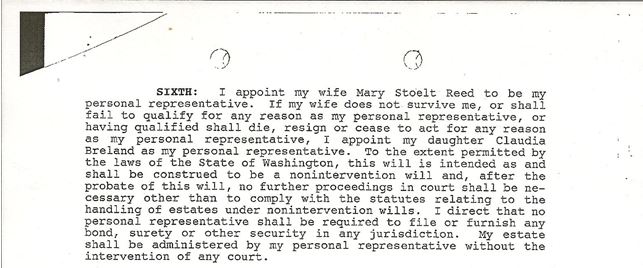
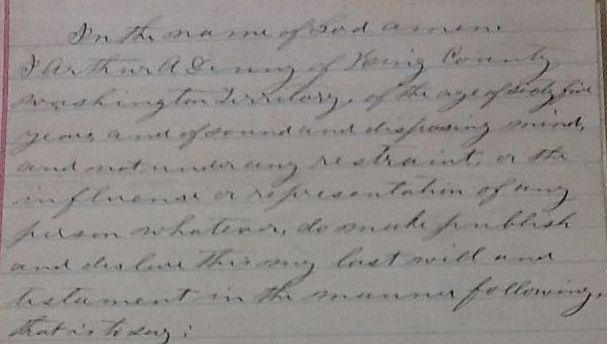


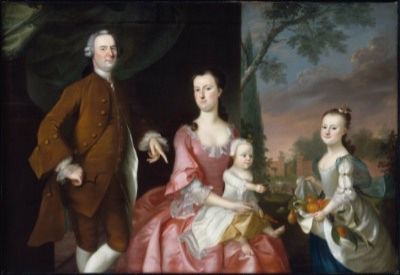

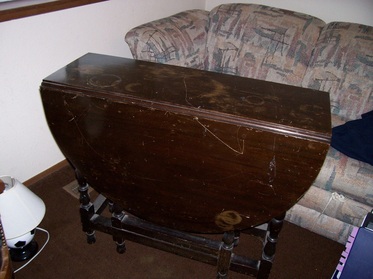
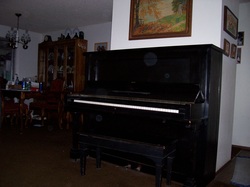
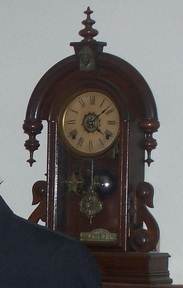
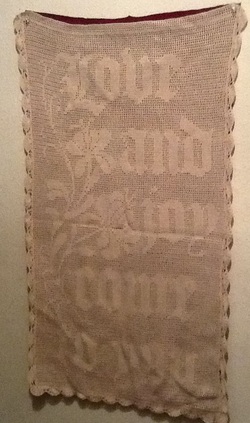
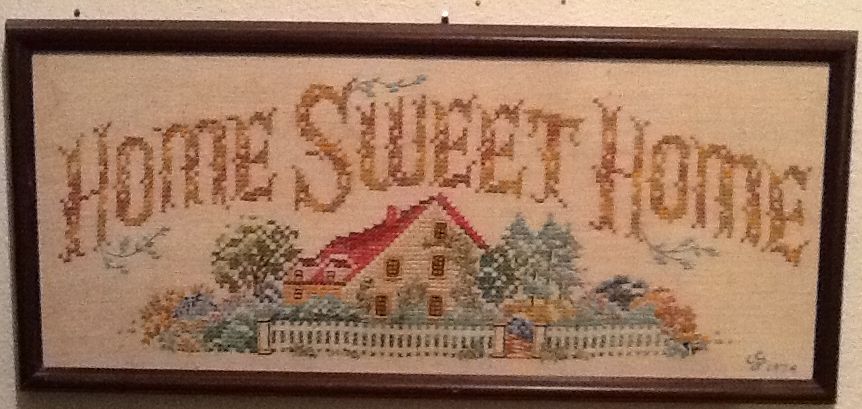
 RSS Feed
RSS Feed